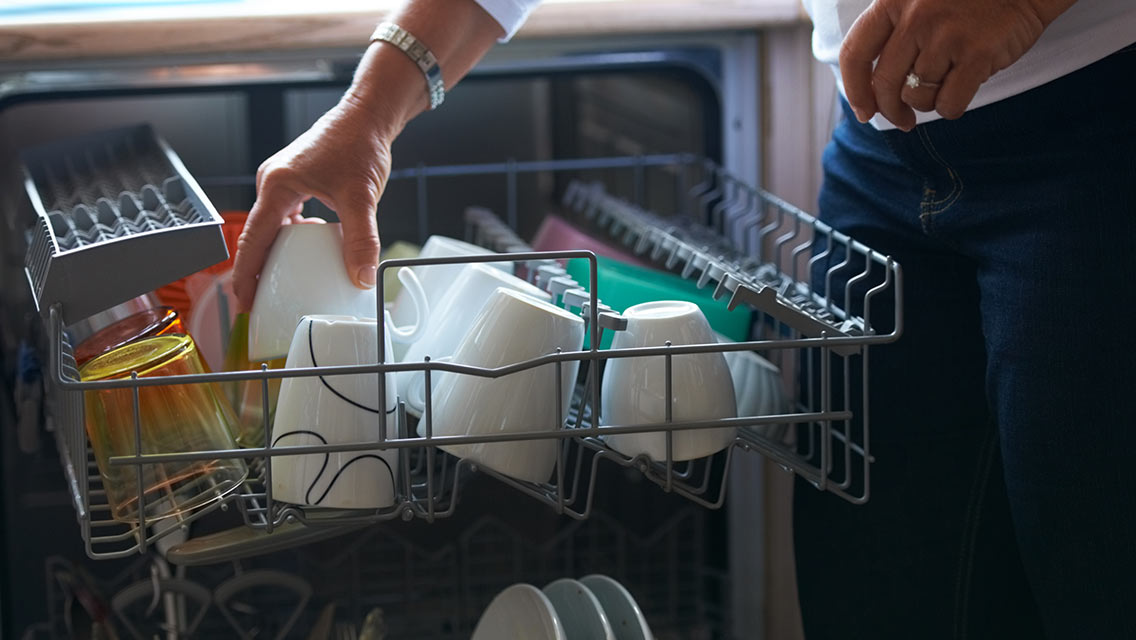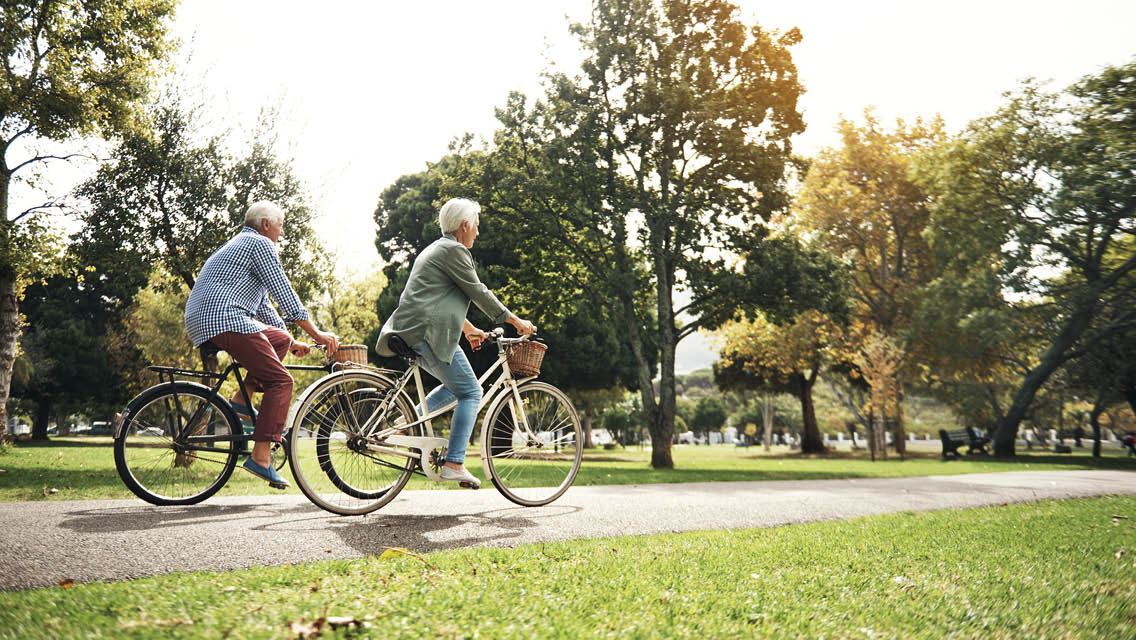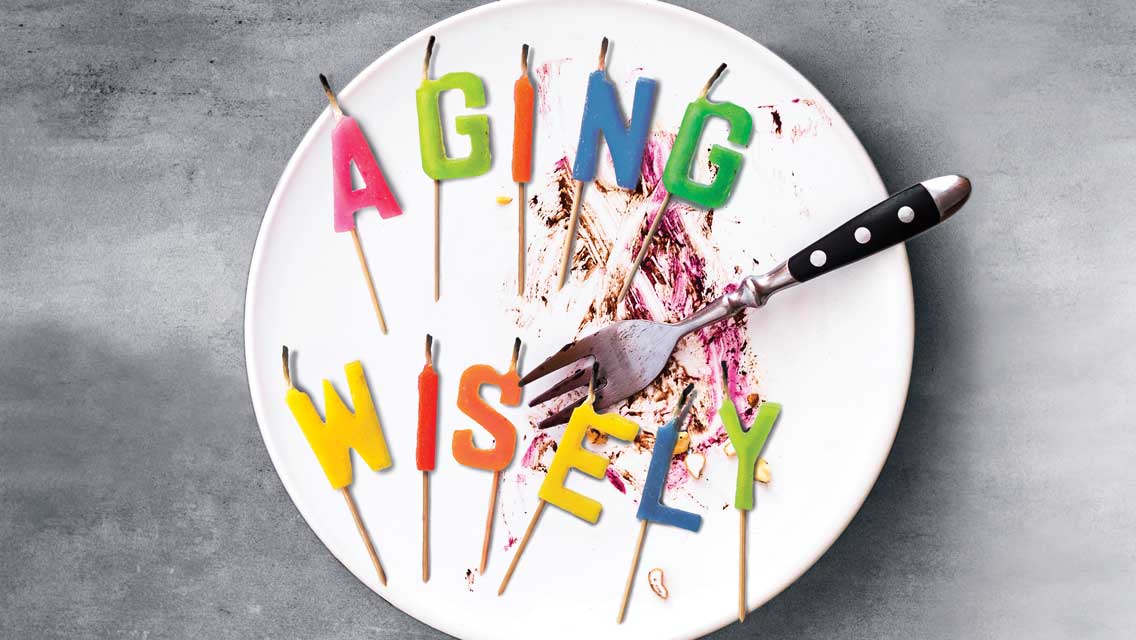Every couple of weeks or so, when I chance to notice roving tufts of cat fur vying with dust bunnies for space on the stairway leading to my upstairs office, I’ll gather myself for an afternoon of housecleaning. I do this not as a nod to second-wave feminism or even to challenge the prevailing gender inequities in housework. I simply have a lower threshold for clutter than My Lovely Wife.
And I should note here that when MLW cleans, she cleans. I tidy up, sweep, vacuum, and dust. I’ll even scrub the stovetop if it’s become cringeworthy, but deep cleaning is not really part of my portfolio. I just want my surroundings to appear orderly — “squared away,” as our son, the former jarhead, would put it. When the job is done, I love nothing better than relaxing with a cold one amid the newly tidied environment. The whole escapade tends to lift my spirits, until MLW discovers I’ve displaced her pile of notes and other ephemera that occupy sacred territory on the dining-room table.
Still, these occasional forays into housework always feel generally beneficial, just not to the extent reported by researchers at the Singapore Institute of Technology in a recent study published in BMJ. Analyzing self-reported data on housecleaning activity from 489 volunteers between the ages of 21 and 90, geriatrician Shiou Liang Wee, PhD, and his team essentially concluded that the more housework you do, the better your brain and body will operate — especially as you grow older.
“Among older adults, housework is associated with higher cognitive function, specifically in attention and memory,” Wee writes. “Housework PA (physical activity) is positively associated with functional health among community-dwelling older adults, independent of recreation and other nonrecreational PA.”
What’s particularly intriguing about these findings is that about two-thirds of the older study participants met their recommended quota of physical activity simply by tidying up the house on a regular basis. And that effort — even apart from any exercise regimen — can lead to a lower risk of falls and a general improvement in everyday mobility. It’s a practical and purposeful way to build strength and resilience.
On the cognitive front, Wee notes, more-intense housework (cleaning windows, painting, decorating, floor-washing, vacuuming) makes a difference in certain areas. Those volunteers who reported doing such “heavy” cleaning, for instance, produced higher scores on tests measuring attention span than their less-ambitious counterparts, who scored higher on short-term-memory quizzes.
It’s an observational study, so we can’t ascribe any cause and effect, but the findings are in line with earlier research on aerobic exercise and brain health in older adults. And there are plenty of studies demonstrating the salutary effects of exercise on mobility as we age.
“These results,” Wee concludes, “collectively suggest that the higher cognition, physical, and sensorimotor functions related to heavy housework activities might plausibly be associated with lower physiological fall risk among community-dwelling older adults.”
My low threshold for cat fur and dust bunnies will always send me in search of a broom and dustpan regardless of the physical and cognitive benefits of housecleaning. It would be nice, however, if my inclination to tidy up would someday make me smart enough to leave MLW’s stuff alone.





This Post Has 0 Comments